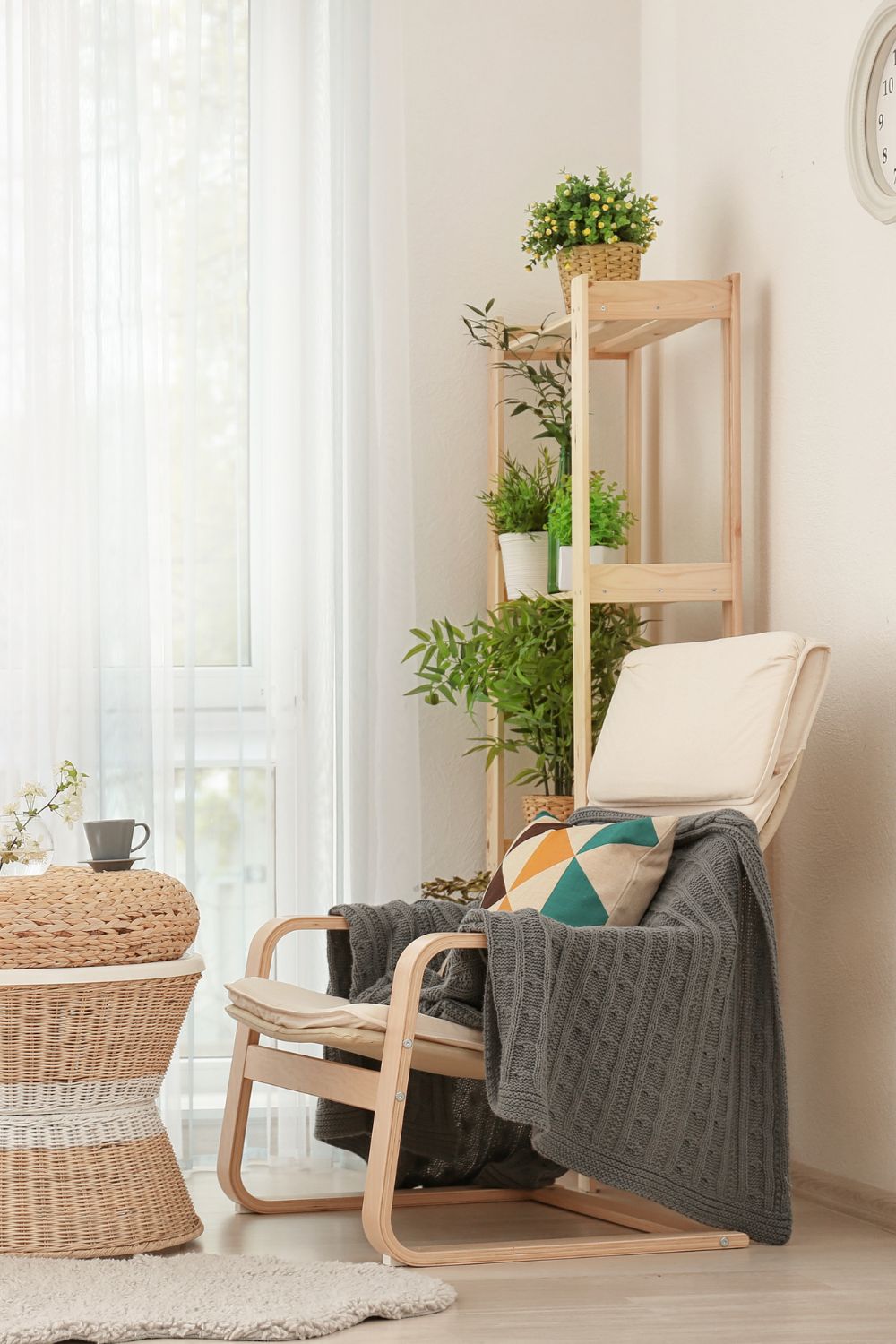There are few things worse than water damage in a home. Here are 7 Ways to Protect Your Home From Water Damage
7 Ways to Protect Your Home From Water Damage
There is no doubt about it that one of the worst experiences that anyone could have for their home would hands-down be dealing with water damage. When it comes to water damage, you need to know that this can destroy your home. this can damage the support beams leading to the downfall of the structural integrity. This can also damage the home’s foundation, which will only make things far worse.
Sadly, water damage is one of the most common home damages and repairs, but it can pack quite the punch. Fortunately, water damage restoration is a thing, but it’s still vital to do whatever you possibly can to prevent water damage from entering your home. So, here are some ways that you can expect to keep your home safe from water damage.
Inspect Your Gutters
Gutters are important to your home because they help divert rainwater away from your roof, siding, and foundation. This protects your investment and prevents water damage from taking place. Regularly inspecting your gutters is crucial to keeping them in good condition. If your gutters aren’t functioning properly, you could be putting your entire home at risk.
If you have a gutter system requiring frequent cleaning, you should have a professional clean it at least once yearly. Getting on the roof or on a ladder can be dangerous and could lead to serious injuries, so it’s best to leave this job to the professionals. They know what to look for and can spot any problems before they become a problem. Surprisingly, gutter inspection isn’t always easy; you can’t forget the nooks and crannies. So it’s best to be weary and opt for a professional.
Clean Your Windows and Doors
You might be surprised about this one, but it certainly helps with moisture prevention in your home. Window cleaning is a great way to give your home a fresh look and helps prevent water damage. It can also help to prevent insect infestations. If you have bugs, such as aphids or termites, in your house, they can build their nests in places that you cannot see, including the window sills, shutters, and even the spaces between your windowpanes.
This can lead to more serious issues down the road. But more specifically, on cold days, there will be built-up moisture around the window sill and the door framing. All it really takes is a good wiping with a dry cloth to avoid any issues.
Install Water Detection Devices
Technology has advanced at an enormous rate, and you shouldn’t skip out on this! Installing water detection devices is one of the most effective ways to protect your home from water damage. These sensors detect and alert you to any leaks in your home, preventing expensive repairs. You can get these devices at most home improvement stores and online. Some models connect to your Wi-Fi and send alerts to a smart app, while others plug directly into an outlet and come with a backup battery.
Ideally, these sensors should be placed around plumbing fixtures like hot water heaters or clothes washers. But you can also install them in more difficult-to-reach areas of your house that could be prone to leaks or damage. Some detectors even shut off your water supply if they detect a leak. This saves you money on expensive repairs and reduces the amount of time your pipes are exposed to extreme temperatures.
Have a Plan in Place
When you find water damage, you must have a plan. You need to know exactly what to do the moment you see water damage. If your home has water damage, it’s important to address it as quickly as possible. Mold can start to grow within 24-48 hours of a water leak, and it can spread quickly through your home’s structure and belongings. Ideally, you should already know what your home insurance offers and even what company you can immediately go to for restoration services.
Plus, you can’t forget about the costs; all households should have an emergency fund, so you should use that or have a separate fund for house repairs you can use.
Check Your Appliances
Despite their modern conveniences, some appliances are prone to leaking water. That includes dishwashers, refrigerators, washers and dryers, ice makers, and more. It’s important to check your appliances regularly for leaks and maintenance issues. This can help prevent water damage and save you money in the long run. Whether you own or rent, it’s important to make sure that your appliances are safe. After all, you wouldn’t want to use an appliance that is flooded and infested with bacteria or mold! Plus, some appliances, such as your fridge, need to have a close eye on it, as they’re more prone to getting damaged.
Check Your House Siding
Going back to the outside of your home, you should check around the siding of your house. Depending on how your house siding was laid out, such as a Belly Band siding, you could run the risk of water getting underneath the siding, which could instantly damage the house. If you’re not too familiar with house siding and don’t want to DIY the inspection, you could always hire a contractor who specializes in this. It’s going to make it all the easier to determine how secure your house siding is and what can be done for areas where the siding needs improvement.
Consider the Moisture Levels in Your House
It sounds odd, but you also need to consider the moisture levels inside your home. This will all depend on the age of your house, how the ventilation is, the climate, the season, and the materials used for your house. A great example would be a house’s attic, closets, or basement. These usually lack ventilation, and moisture gets stuck. This can exacerbate issues when water gets in the way. Overall, it’s a terrible situation that no one should handle.


Leave A Reply!